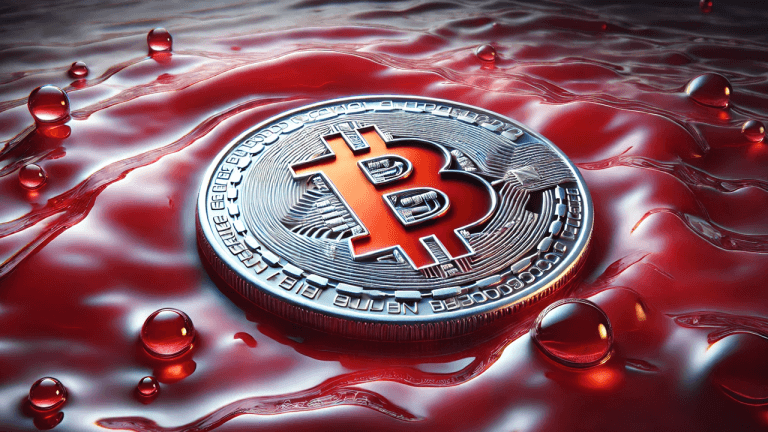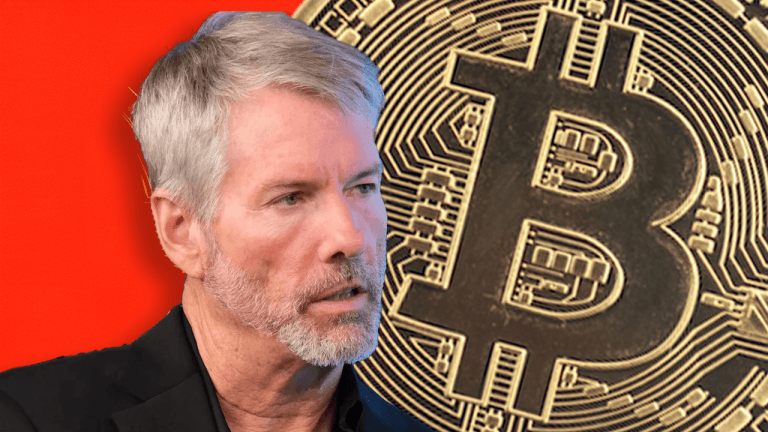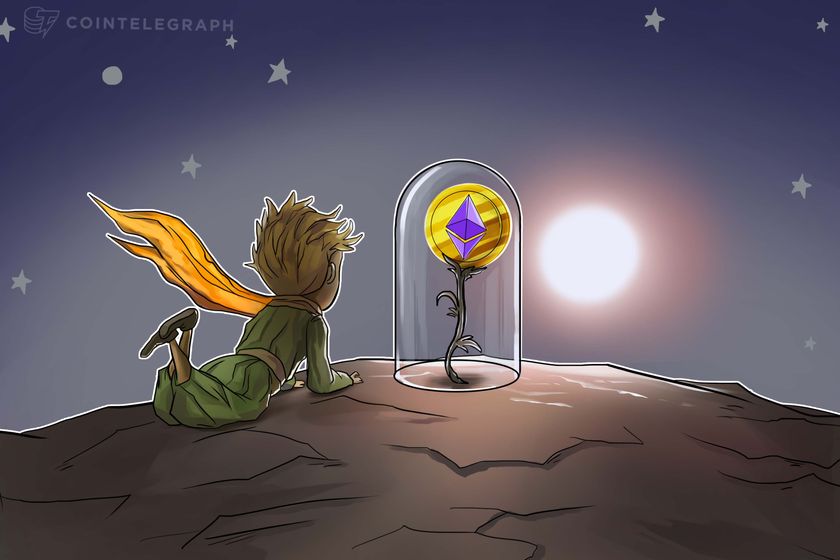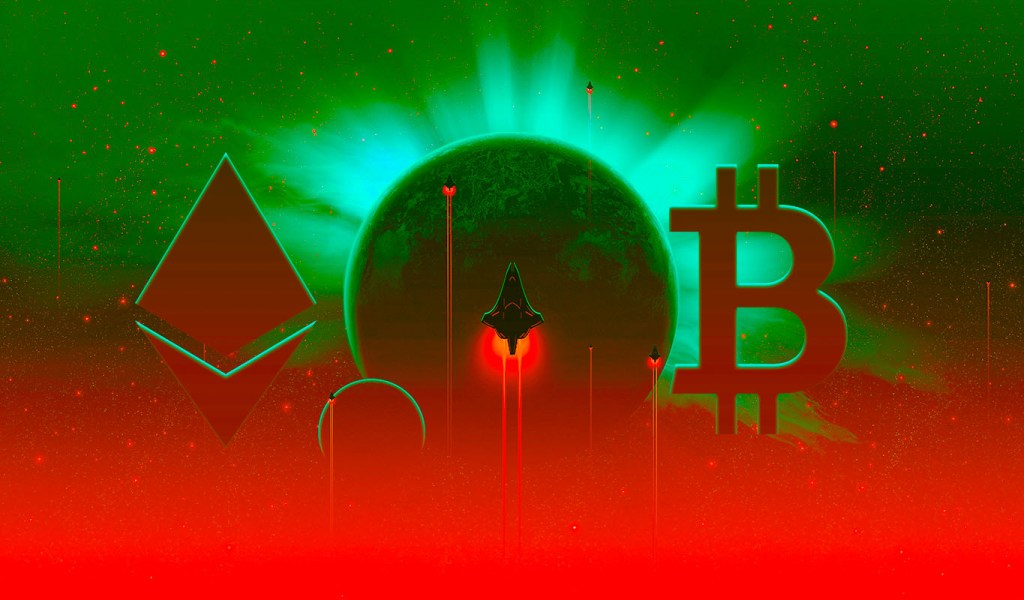
World Bank Warns of Global Recession, Stagflation — ‘This Is the Sharpest Slowdown in 80 Years’

The World Bank has warned of a possible global recession. “For many countries, recession will be hard to avoid,” said World Bank President David Malpass. “This is the sharpest slowdown in 80 years.”
World Bank on Global Recession, Stagflation
The World Bank warned about the rising risk of stagflation and global recession Tuesday. World Bank President David Malpass said:
The war in Ukraine, lockdowns in China, supply-chain disruptions, and the risk of stagflation are hammering growth. For many countries, recession will be hard to avoid.
“Markets look forward, so it is urgent to encourage production and avoid trade restrictions. Changes in fiscal, monetary, climate and debt policy are needed to counter capital misallocation and inequality,” he explained.
The World Bank president clarified on Bloomberg Tuesday that we are not in a global recession yet. However, “The downside risk is that it could be a global recession,” he opined.
“One of the key variables is whether supply comes back online in order to add growth and slow down the inflation rate,” Malpass continued.
He emphasized:
This is the sharpest slowdown in 80 years.
“That’s from the 2021 rate which was high because of the recovery from Covid to what we are looking at now, 2.9%, in 2022,” he detailed. “That’s a very sharp slowdown and it’s really hitting the poorer countries hard.”
In a report issued Tuesday, the Bank described: “Global growth is expected to slump from 5.7% in 2021 to 2.9% in 2022 — significantly lower than 4.1% that was anticipated in January.”
The Bank also warned about stagflation, stating that the danger of stagflation is considerable. In addition, inflation and slow growth may persist for years, the World Bank noted.
Commenting on the Bank’s stagflation warning, Malpass stressed:
It’s global but it particularly hits the developing countries.
“There’s a lot of inequality in the world so the advanced economies and particularly the people at the top in the advanced economies have done very well over the last decade,” he noted.
Malpass elaborated: “The reason that this is a prolonged risk for the world is that we are coming off of a very exceptionally low period of interest rates. Last year, I called it uncharted territory on both fiscal policy … and monetary policy.”
What do you think about the comments by World Bank President Malpass? Let us know in the comments section below.
Go to Source
Author: Kevin Helms









